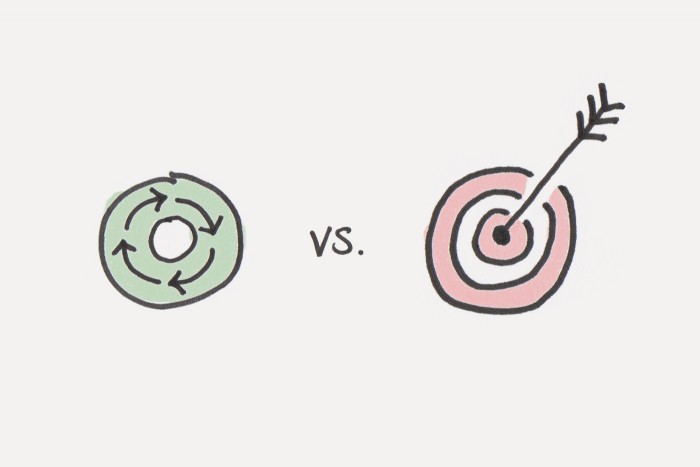Calm(er) than the last few days.
***
Anne-Laure Le Cunff of Ness Labs shared a video in her newsletter on the difference between making notes vs taking notes. What’s most important, as she rightly points out, is better recall, done by taking the time and making the effort to create your own notes.
It’s based on “The Generation Effect“: the brain is able to associate and recall ideas better when it has generated them itself, rather than simply read. She suggests a simple 3 step process:
- Rephrase the idea using your own words & language
- Connect ideas together – use mental maps or visuals
- Build upon the ideas; don’t merely let them remain dormant in the notebook.
***
An idea from Vitalik Buterin’s 2013 blog on bootstrapping a DAO has been on my mind lately, after my colleague reminded me about it again this week:
can we approach the problem from the other direction: even if we still need human beings to perform certain specialized tasks, can we remove the management from the equation instead?
If the 12 Beyond Budgeting principles expounded by Bjarte Bogsnes are considered too radical a transformation to go mainstream (yet), even when they’ve proven their effectiveness in several traditional organisation, can a technology centred approach work?
And in conversation with my teenage daughter, I realised that it doesn’t matter with the next generation as digital natives. I have to explore this subject a lot more. #TODO
